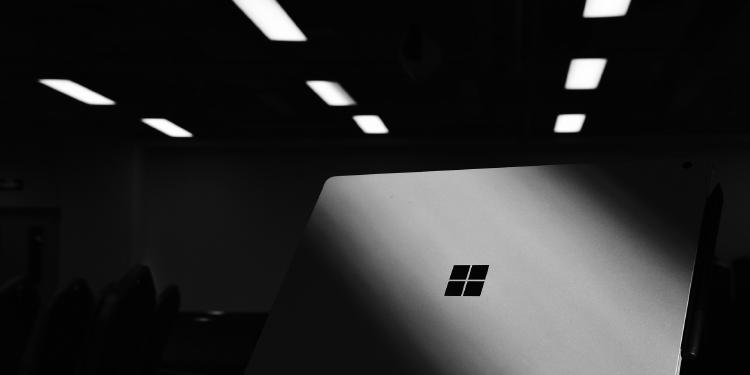Windows 8.1 is no longer supported. Are you prepared?
Published Tuesday, March 28, 2023.
One cybersecurity problem that is shared by companies of all sizes is the use of older operating systems on their computers. And here, at Lumity Technology solutions, we see this all the time.
Often, this may be due to infrequent usage of such devices by staff or the need to run customized software that is incompatible with newer OS versions. However, the issue with outdated OS’s is that they are susceptible to cyberattacks, as they are no longer supported with feature updates and security patches for newly discovered vulnerabilities, once retired by the developer.
The latest OS to lose all support is Windows 8.1, which was released by Microsoft in 2013, being officially retired on January 10, 2023. In response to this, Microsoft warned companies that:
“Continuing to use Windows 8.1 after January 10, 2023 may increase an organization’s exposure to security risks or impact its ability to meet compliance obligations.”
The OS Will Still Work, But Don’t Expect It To Work Well
Once an operating system reaches its end of life, it doesn’t immediately stop functioning. As a result, numerous companies continue to use it without acknowledging the security risks. Although the OS will continue to work as it did prior to retirement, it is considerably less secure due to the absence of support.
No More Security Updates For 8.1 Systems
Hackers make a living by actively seeking out and exploiting software and OS vulnerabilities. This typically involves identifying a software “loophole” and creating code to exploit it, thereby gaining unauthorized system access. Once hackers start breaching systems, software developers become aware of the issue and work on developing a patch to fix the vulnerability. This patch is then sent to users via an update, protecting their device from the exploitation of the vulnerability.
However, when an OS reaches its end of life, these patches are no longer released, leaving the vulnerability unresolved. Software developers shift their focus to newer products, leaving devices vulnerable to potential hacks for extended periods of time, ranging from days to months or even years.
Did you know that roughly 61% of security vulnerabilities in corporate networks are over five years old?
So How Do You Upgrade?
It is important to note that Microsoft does not offer a free upgrade path from Windows 8.1 to either Windows 10 or 11. However, upgrading provides several benefits, including:
- Enhanced built-in security
- Faster processing speeds
- Access to modern features, such as facial recognition
- Improved accessibility features
- And updated productivity tools such as the snap layouts feature in Windows 11.
Need help transitioning your business to the latest Windows OS?
Let's chat!
Okay, But What If You Don’t Upgrade?
You’ll Have Security and Compliance Issues
Sticking with Windows 8.1 puts your data security in danger. Without any security updates, any vulnerabilities present in the system will remain unaddressed. This exposes your device to significant risk of a breach. Moreover, if a single system on a network is hacked, the breach or malware infection can spread to other devices, including newer ones.
Moreover, if you are required to adhere to data privacy regulations such as HIPAA, continuing to use an outdated OS can pose problems. These regulations mandate that reasonable measures be taken to protect data. Employing a device with an outdated OS may hinder compliance efforts.
You Can Expect Your Productivity To Drop
As systems age, they tend to slow down, which can negatively impact productivity for staff who must work on outdated software. A survey found that 77% of employees are frustrated with outdated technology. Dealing with obsolete systems can also cause employees to quit, as they are 450% more likely to seek employment elsewhere.
Using an outdated operating system can hinder your staff’s performance by depriving them of modern, time-saving features. They may also encounter issues with bugs that are no longer being fixed.
Newer Tools Almost Certainly Won’t Be Compatible
After Microsoft retires an operating system, software and hardware developers don’t usually focus on making their products compatible with it. Some developers may even avoid compatibility with an outdated OS to avoid any liabilities. If you continue to use an old OS, it can negatively impact your business by limiting your ability to use modern software and hardware. This can make you less competitive and hinder your progress, causing you to fall behind in your industry.
Need Help With Updating Your Windows OS?



